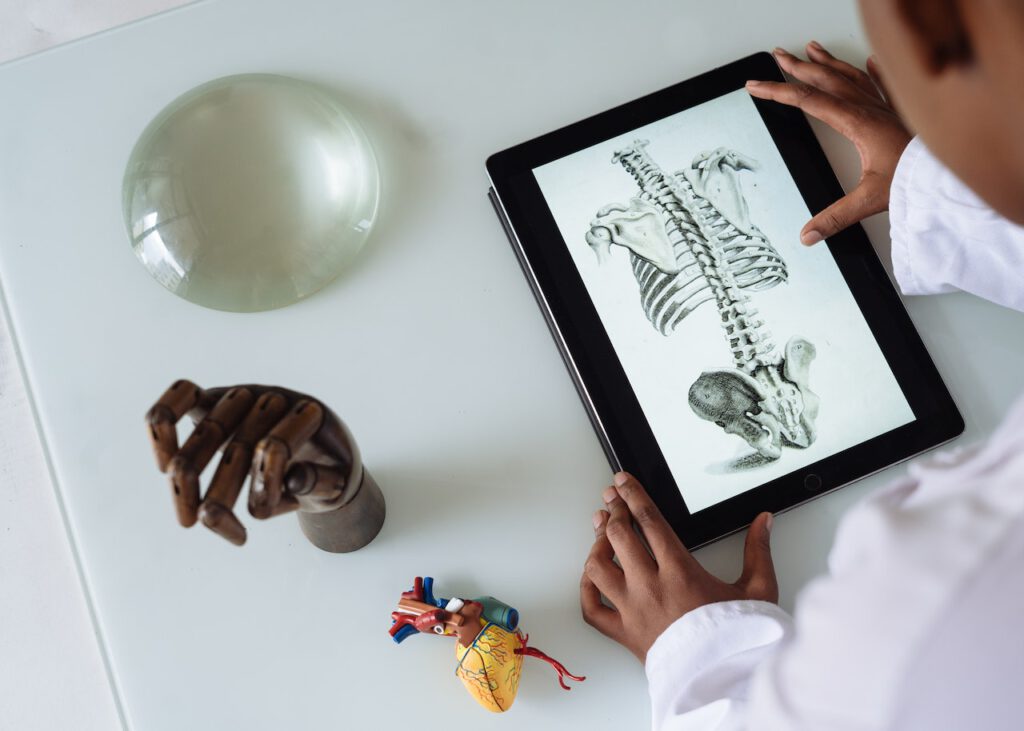
Exploring advances in structural heart care
When it comes to healthcare, advancements in the field of structural heart care have been nothing short of remarkable. In this blog, we’ll dive into the latest developments and innovations that are reshaping the landscape of structural heart care.
A multifaceted approach to structural heart care
Structural heart conditions encompass a wide range of issues that affect the valves and chambers of the heart. These conditions can be congenital or acquired and often require specialized care. One of the most significant advancements in structural heart care is the rise of minimally invasive procedures. Traditional open-heart surgeries are being replaced by less invasive techniques, which offer shorter recovery times and reduced risk for patients. Transcatheter aortic valve replacement (TAVR) and transcatheter mitral valve repair (TMVR) are groundbreaking procedures that have revolutionized the treatment of structural heart conditions. These techniques involve threading a catheter through blood vessels to repair or replace heart valves, avoiding the need for open-heart surgery.

Percutaneous closure devices
In addition to valve-related procedures, percutaneous closure devices have gained prominence in structural heart care. These devices are used to close holes or defects in the heart’s walls or chambers, preventing blood from flowing where it shouldn’t. Advances in imaging technology and diagnostic tools have enabled healthcare providers to tailor treatment plans to each patient’s unique condition. This personalized approach ensures that individuals receive the most effective care possible. Structural heart conditions often go undetected until they become severe. However, medical professionals are now emphasizing early detection and preventive measures to identify issues before they escalate. Structural heart care involves a multidisciplinary team of specialists, including cardiologists, cardiac surgeons, radiologists, and nurses. Collaborative teamwork ensures that patients receive comprehensive care that addresses all aspects of their condition. The field of structural heart care continues to evolve through ongoing research and innovation. Clinical trials and studies are essential for testing new therapies and treatment approaches, ultimately benefiting patients.
